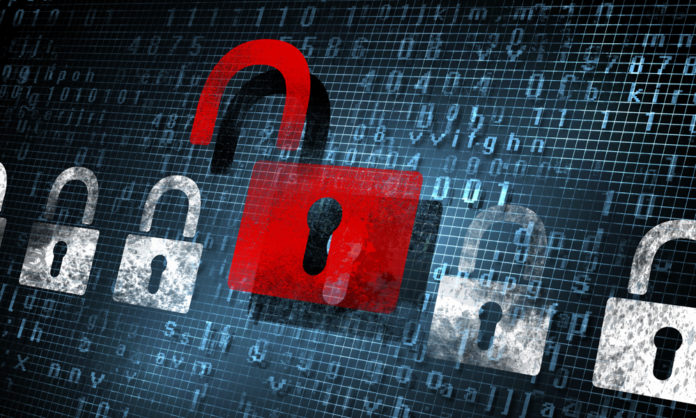

Industrial Spy, a hacking group involved in ransomware attacks, targeted at Novartis last week, stealing sensitive information from the manufacturing division of the company servers. However, the healthcare firm based in Switzerland issued a public statement on an immediate note, striking off the speculations that critical company data was compromised.
Hacking group Industrial Spy has a habit of targeting large organizations and sells their data in the marketplace. It first infiltrates the victim network, steals data and then locks it out with encryption until a ransom is paid.
Novartis stated it has always taken security and privacy seriously and will further take all necessary measures to eradicate such threats on its company network in the future.
According to reliable sources, an Israeli College was hit by a ransomware group that stole personal information from staff and students. The incident took place on Thursday last week. But came to the discovery of the staff when some senior graduates of Sapir College received text messages that their digital accounts were hacked.
Israeli News resource, Arutz Sheva, stated that a hacking group named Moses Staff that is now involved in ransomware distribution could have involved in locking down the network of Sapir College.
Previously, Moses Staff had hacked into the network of Israel Electric Corporation and Rafael Advanced Defense Systems. And is suspected to have hacked over 172 Israel government servers and over 219 websites siphoning over 34 terabytes of data.
Third is a news related to a ransomware bill that was passed by US House of Representatives recently. According to the sources reporting to our Cybersecurity Insiders, the Reporting Attacks from Nations Selected for Oversight and Monitoring Web Attacks and Ransomware from Enemies act will empower the government of united states to act swift against file encrypting malware attacks launched by foreign adversary nations.
It will also give authorization to the fed to make amendments to the 2006 US Safe Web Act and will make it mandatory for public and private entities lodge cross border complaints against individuals and groups launching ransomware and other digital attacks.
So, will America have more power to sue Russia, China, North Korea and Iran for launching cyber attacks on its critical infrastructure of the USA?
Well, not likely, as all that we can do is press sanctions on such nations. And it is not making any difference in slowing down their activities or intentions.

















